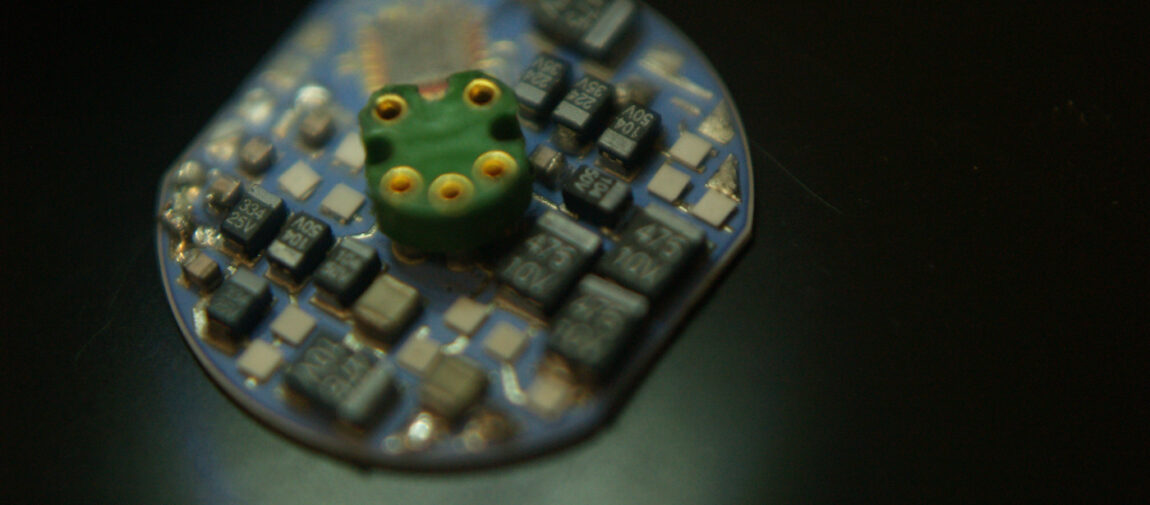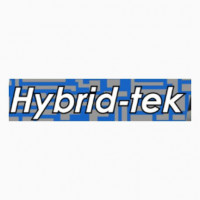How to Manufacture High-Quality Thick Film Circuit Boards

Strong 8k brings an ultra-HD IPTV experience to your living room and your pocket.
Thick film circuit boards are essential components in various electronic applications, valued for their durability, precision, and ability to perform under demanding conditions. Manufacturing these boards requires a careful blend of advanced technology and skilled craftsmanship to ensure reliability and superior performance. Whether for aerospace, medical devices, or industrial equipment, producing high-quality circuit boards made of thick film involves several critical steps. This guide outlines the key processes to achieve excellence in thick film circuit board manufacturing.
Understanding Thick Film Circuit Boards
Thick film technology involves depositing conductive, resistive, and dielectric pastes onto a substrate, usually ceramic, to create intricate circuit patterns. This method allows for compact, robust designs that withstand harsh environments and high temperatures, making it ideal for high-reliability electronics.
Key Steps in Manufacturing High-Quality circuit board with thick film
1. Substrate Preparation
The process begins with selecting a high-quality ceramic substrate, which forms the foundation of the circuit board. The substrate must be thoroughly cleaned to remove any contaminants that could affect adhesion or circuit performance. Surface preparation is critical to ensure proper bonding of the thick film materials.
2. Screen Printing of Thick Film Pastes
Using precise screen printing techniques, conductive, resistive, and dielectric pastes are deposited onto the substrate according to the circuit design. The accuracy of the printing process determines the board's electrical performance and reliability. Multiple layers may be applied to build up the desired circuit features.
3. Drying and Firing
After printing, the board undergoes controlled drying to remove solvents from the paste. It is then fired in a high-temperature furnace, which sinters the paste, bonding it permanently to the substrate. The firing process also defines the electrical characteristics of the thick film materials, making it a crucial step in quality control.
4. Quality Inspection and Testing
Post-firing, each circuit board is inspected for defects such as cracks, misalignments, or incomplete firing. Electrical testing ensures that the circuit meets specified resistance, capacitance, and conductivity requirements. Automated optical inspection (AOI) systems are often used to maintain high standards.
5. Additional Processing and Assembly
Depending on the application, further processes like laser trimming, plating, or component assembly may be required. Laser trimming allows fine-tuning of resistors on the board to meet precise electrical specifications. Plating adds protective metal layers for enhanced conductivity and durability.
Factors to Ensure High Quality in Manufacturing
● Material Selection: Use premium quality pastes and substrates designed for thick film applications to guarantee longevity and performance.
● Precision Equipment: Employ state-of-the-art printing, firing, and inspection machines for consistent and accurate production.
● Process Control: Maintain strict control over environmental factors like temperature, humidity, and cleanliness to prevent defects.
● Experienced Workforce: Skilled technicians are essential for handling delicate processes and troubleshooting issues during production.
Final Thoughts
Producing a superior circuit board made of thick film involves a meticulous process that combines advanced technology with expert craftsmanship. From substrate preparation to final testing, each step is vital in delivering reliable and durable electronic components. For top-tier thick film circuit boards tailored to demanding applications, At Hybrid-Tek, the commitment to quality and precision ensures every product meets the highest standards in the industry.
Note: IndiBlogHub features both user-submitted and editorial content. We do not verify third-party contributions. Read our Disclaimer and Privacy Policyfor details.


